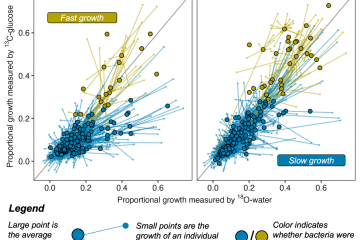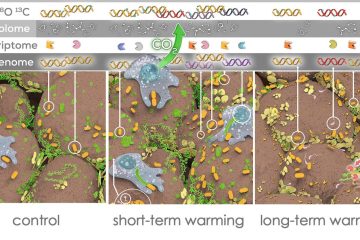Standardized protocols and procedures can precisely and accurately quantify non-structural carbohydrates
Non-structural carbohydrates (NSCs), the stored products of photosynthesis, building blocks for growth and fuel for respiration, are central to plant metabolism, but their measurement is challenging. Differences in methods and procedures among laboratories can cause results to vary widely, limiting our ability to integrate and generalize patterns in plant carbon balance among studies. A recent assessment found that NSC concentrations measured for a common set of samples can vary by an order of magnitude, but sources for this variability were unclear. We measured a common set of nine plant material types, and two synthetic samples with known NSC concentrations, using a common protocol for sugar extraction and starch digestion, and three different sugar quantification methods (ion chromatography, enzyme, acid) in six laboratories. We also tested how sample handling, extraction solvent and centralizing parts of the procedure in one laboratory affected results. Non-structural carbohydrate concentrations measured for synthetic samples were within about 11.5% of known values for all three methods. However, differences among quantification methods were the largest source of variation in NSC measurements for natural plant samples because the three methods quantify different NSCs. The enzyme method quantified only glucose, fructose and sucrose, with ion chromatography we additionally quantified galactose, while the acid method quantified a large range of mono- and oligosaccharides. For some natural samples, sugars quantified with the acid method were two to five times higher than with other methods, demonstrating that trees allocate carbon to a range of sugar molecules. Sample handling had little effect on measurements, while ethanol sugar extraction improved accuracy over water extraction. Our results demonstrate that reasonable accuracy of NSC measurements can be achieved when different methods are used, as long as protocols are robust and standardized. Thus, we provide detailed protocols for the extraction, digestion and quantification of NSCs in plant samples, which should improve the comparability of NSC measurements among laboratories.


